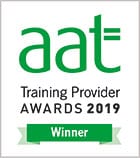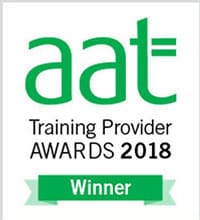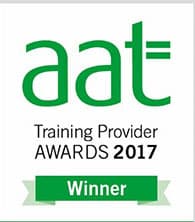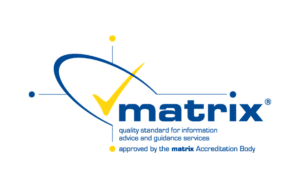In the diverse and competitive sector of accounting, apprenticeships have emerged as valuable assets not only for individuals entering the field but also for the firms that employ them. The return on investment (ROI) of accounting apprenticeships can be significant, offering a range of benefits to the employer.
This blog explores how accountancy firms and organisations can maximise the ROI of their accounting apprenticeships. It includes accessing funding, enhancing in-house staff development, and boosting productivity through up-to-date training.
Understanding the ROI of accounting apprenticeships
ROI in accounting apprenticeships refers to the qualitative and quantitative benefits gained compared to the costs incurred during the recruitment, training, and development of apprentices.
Typically, the ROI of accounting apprenticeships comes from:
- increasing workflow capacity within your organisation;
- increasing productivity;
- lowering your recruitment and salary costs;
- accessing government funding to assist with the training of accounting apprentices;
- gaining fresh ideas and skills in the workplace; and
- enhancing your organisation’s reputation as a valued employer.
There are many factors to consider when taking on an apprentice, and we have summarised these in the blog, ‘Considering an accounting apprentice?‘
Accessing government funding
One of the most direct ways to enhance the ROI of accounting apprenticeships is to use available funding.
At the time of writing (May 2024), the UK government provides funding for up to 95% of the accounting apprenticeship training costs. However, if you recruit an apprentice between 16-21 years old and are a non-levy paying small business, you can access funding for 100% of your apprenticeship training costs.
There is also a further government incentive of £1,000 per apprentice to recruit school leavers (16-18 Years old) into an accounting apprenticeship.
The government’s apprenticeship funding web page provides further details about apprenticeship funding, including the apprenticeship levy.
However, the government’s strategy is not to fund free training for individuals to obtain their chosen professional qualifications. It is to fund the development of knowledge, skills and behaviours within businesses in order to develop the economy. They therefore expect a commitment from employers to provide the job role and progression opportunities and the supervisory support that will achieve this.
Enhancing in-house staff development
Developing your in-house team through apprenticeships reduces the need for external recruitment of qualified staff and allows you to mould apprentices into your organisation’s specific roles and practices. This bespoke approach to training results in integrating employees into the organisation’s culture and operations, which can significantly improve retention rates and reduce staff turnover costs.
In addition to the accounting training programme, employers must provide a minimum of 6 hours a week of ‘off-the-job training’ (o.t.j.t) as part of the apprenticeship. Typically, o.t.j.t refers to the apprentice learning new skills or behaviours, which can happen at the start of their employment and be enhanced if the apprentice moves into a new department or office. These learned skills and behaviours are a great way to enhance staff development. These 6 hours can also include the time spent on formal studies under the guidance of their training provider.
As part of the apprentice’s ongoing staff development, you should aim to:
- implement an apprenticeship programme that is closely aligned with your organisation’s long-term strategic goals;
- provide ongoing mentoring and support to ensure your apprentices are developing skills that meet the specific needs of your business; and
- encourage a culture of continuous improvement and learning, benefiting both the apprentices and the existing workforce.
Improving productivity with up to date training and fresh ideas
Apprentices often bring new perspectives and up-to-date training to their roles, particularly with technology and increasingly with how AI can be used in accounting processes. This influx of fresh ideas and skills can create new approaches to problem-solving.
To fully benefit from these new perspectives, you should:
- encourage your apprentices to share their knowledge and fresh ideas with their teams;
- incorporate current industry trends and technologies into the apprenticeship training programme; and
- facilitate opportunities for apprentices to work on real-life client assignments so they can apply their knowledge practically.
- discuss with your apprentice the knowledge, skills and behaviours covered in their apprenticeship and identify specific work related activities where they can apply these and enhance them.
Success stories: ROI of accounting apprenticeships in action
Highlighting your apprenticeship success stories can provide excellent examples of how the ROI of an accounting apprenticeship has benefitted both the apprentice and your firm. This can be a significant factor when recruiting apprentices in the future. For instance, highlight how your investment in accounting apprentices has saved time, reduced errors and improved service delivery to the clients. Alternatively, you could showcase how apprentices have taken leadership roles within the organisation and are driving innovation and growth.
Conclusion
Maximising the ROI of accounting apprenticeships requires a well-thought-out strategy that aligns with the organisation’s broader goals. Organisations can recoup their investment and enjoy many additional benefits by accessing available funding, enhancing in-house staff development, and embracing the fresh perspectives that apprentices bring. These programmes foster a skilled workforce and support the accounting profession’s growth by nurturing the next generation of professionals.
When executed effectively, the ROI of accounting apprenticeships can be a pivotal factor in an organisation’s long-term success. They offer a blend of immediate and long-term rewards that far exceed the initial costs.
Improving your ROI of accounting apprenticeships with Accountancy Learning
With over 20 years of experience training accounting apprentices and with 40 years of providing training and technical support to firms of Chartered and Certified Accountants, we can provide impartial advice on your training strategy and the pros and cons of the various training options available to you.
We can further enhance your ROI by providing a free accounting apprenticeship recruitment service. Our ‘Talent Programme’ works closely with you to help you seek and recruit the right calibre of accounting apprenticeship for your organisation. We also aim to ‘match’ personalities and attitudes with your organisation’s culture, thereby helping to create a long-term commitment by both parties.
The Talent Programme is a free service, providing that your apprentices are placed with us for their apprenticeship training. To learn more, please contact us at 01392 244071 or email [email protected].
